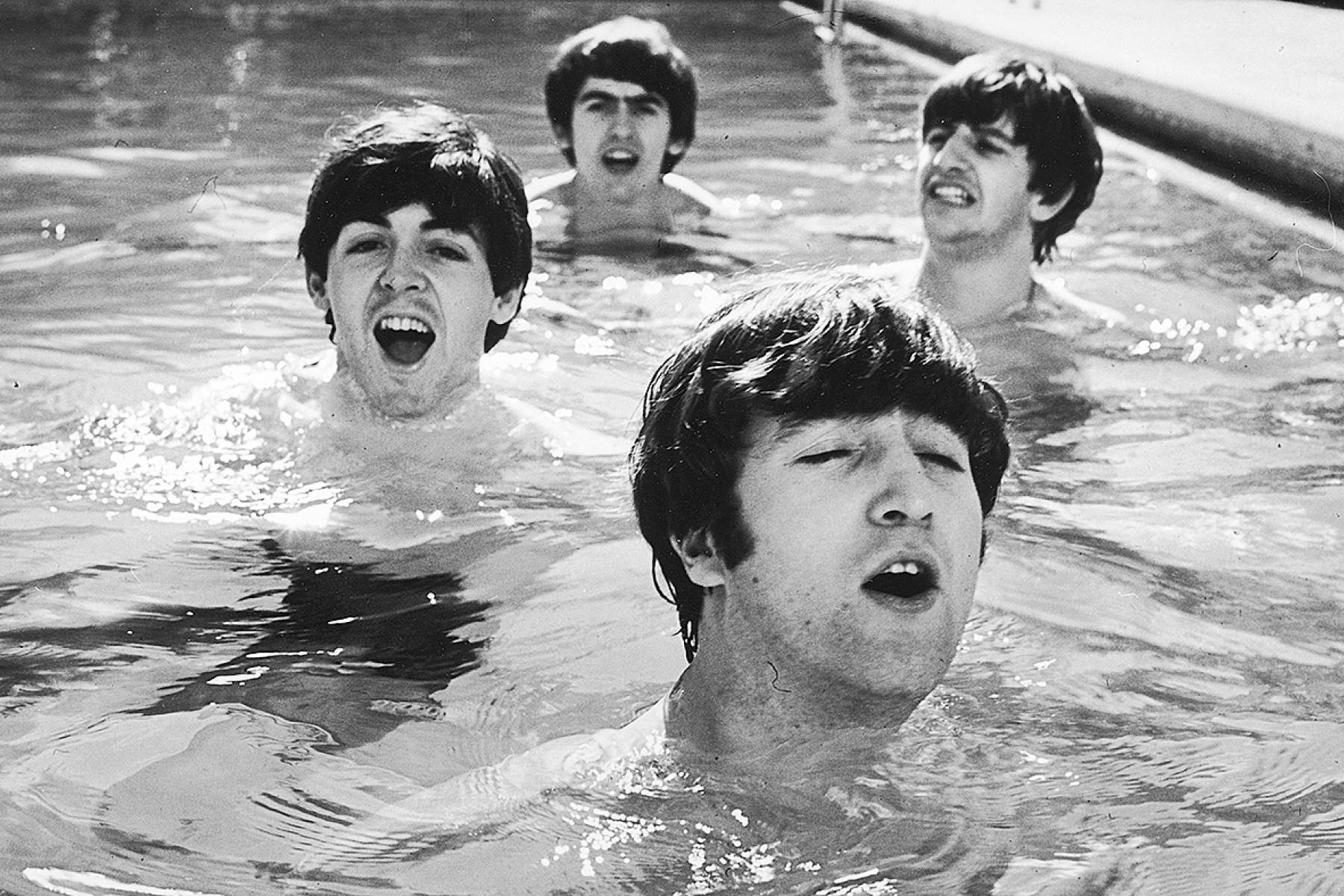Music at Home: 10 Great Eighties Pop Songs by Seventies Prog Artists – Rolling Stone

The dawn of the Eighties was supposed to make prog bands like Genesis, Yes, and Rush die out like the dinosaurs, now that we were in the age of MTV and New Wave. That’s not quite how it played it out, however. The men of these bands chopped off their long hair, cut their standard 20-minute songs down to size, and somehow became more popular than ever. They even joined forced in various short-lived supergroups and charted with slick hits that competed for Top 40 airplay alongside the latest offerings by Madonna and Michael Jackson. Here are 10 of the best songs from this surprising era of reinvention.
(Find this playlist on Spotify here.)
Genesis, “Tonight, Tonight, Tonight”
The 1986 Genesis LP Invisible Touch sold by the millions, turned the band into a stadium-caliber act, and spawned five hit singles. But tucked into the album is this nine-minute masterpiece about a desperate addict (it got trimmed down to 4:30 for the radio). Michelob didn’t seem to pick up on the song’s message, since they used it to sell beer that year.
Rush, “The Spirit of Radio”
Rush took prog to its limits on Seventies albums like 2112 and Hemispheres, so in 1980 they reinvented themselves with this song lamenting the horrid state of mainstream radio. Oddly enough, radio embraced it and brought the band a whole new pop audience.
Yes, “Owner of a Lonely Heart”
South African guitarist Trevor Rabin wasn’t a member of Yes when he wrote “Owner of a Lonely Heart,” but he recorded it with some of the musicians from the then-defunct prog band (including singer Jon Anderson) and created something so undeniably catchy that Atlantic Records decided to resurrect the Yes name as a means to market it. It shot to Number One and a launched an entirely new chapter in the never-ending Yes saga.
Asia, “Heat of the Moment”
King Crimson’s John Wetton, Yes’ Steve Howe, ELP’s Carl Palmer, and the Buggles’ Geoff Downes came together in 1982 form a prog supergroup for the MTV age. They called it Asia, and for the briefest of moments, just as “Heat of the Moment” hit Number Four, they were the hottest new band in America.
Peter Gabriel, “In Your Eyes”
Genesis was still an art rock band with a cult audience when Peter Gabriel quit in 1975 to pursue a solo career, but he didn’t step out of their shadow until the release of SO 11 years later. The album is packed with hit singles, but the sublime “In Your Eyes” is the most enduring.
Phil Collins, “In The Air Tonight”
After Gabriel’s departure, drummer Phil Collins took over as Genesis’ lead singer. The band was on hiatus in 1980, when he created a spur-of-the-moment song on his drum machine to vent some very negative feelings following a bitter divorce. Collins says that Genesis rejected it; they swear they never heard it. Either way, it launched his solo career and somewhere around 100 million air drummers.
Mike and the Mechanics, “Silent Running”
Genesis guitarist Mike Rutherford didn’t want to be the one member of the band not enjoying solo success, so in 1985 he recruited singers Paul Carrack and Paul Young to form Mike and the Mechanics. Their debut single remains their best.
GTR, “When the Heart Rules the Mind”
One British Seventies prog rock guitarist named Steve can accomplish incredible things. If you put two of them together in an Eighties supergroup, which happened in 1986 when GTR united Yes’ Steve Howe with Genesis’ Steve Hackett, you get…well…at least one half-decent song before the whole thing imploded.
Moody Blues, “Your Wildest Dreams”
The guys behind “Tuesday Afternoon” didn’t seem like a natural fit in the era of Ronald Reagan and Mr. T., but frontman Justin Hayward and David Bowie producer Tony Visconti teamed up for this 1986 soft rock tune. It gave them their first Top Ten hit since “Nights In White Satin.”
Electric Light Orchestra, “All Over The World”
Prog rock purists may feel that ELO weren’t quite the genuine artifact in the Seventies thanks to all their radio hits, and this song from the 1980 Olivia Newton John flop Xanadu didn’t exactly bolster their prog credibility. But it’s damn catchy.

